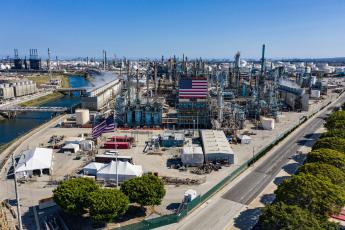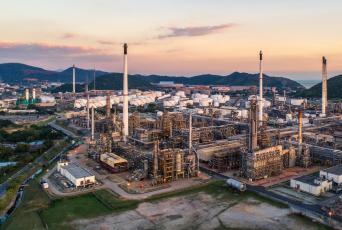AFPM statement on potential North American tariffs
WASHINGTON, D.C. — American Fuel & Petrochemical Manufacturers (AFPM) President and CEO Chet Thompson issued the following statement addressing the potential impact of tariffs levied on crude oil and refined products from Canada and Mexico.







